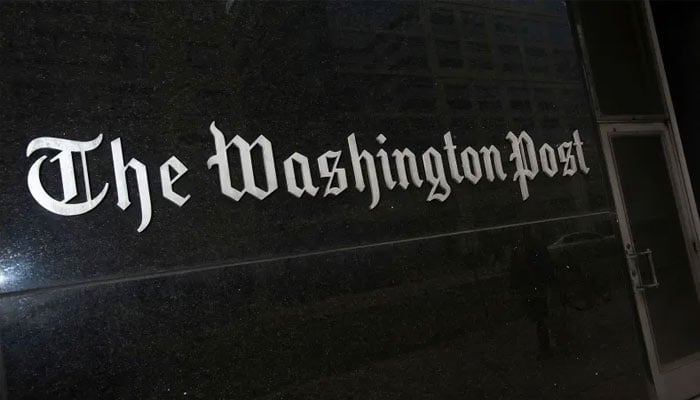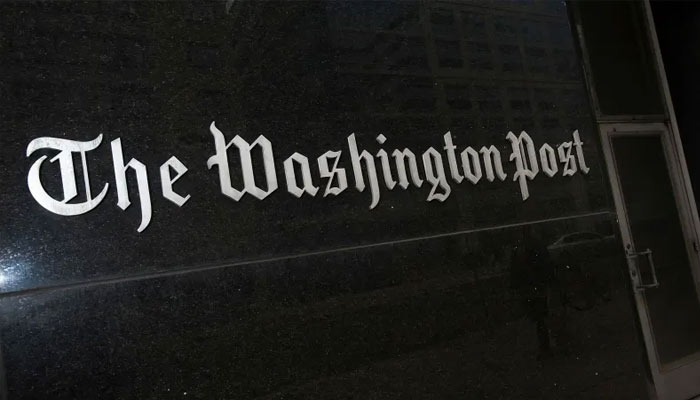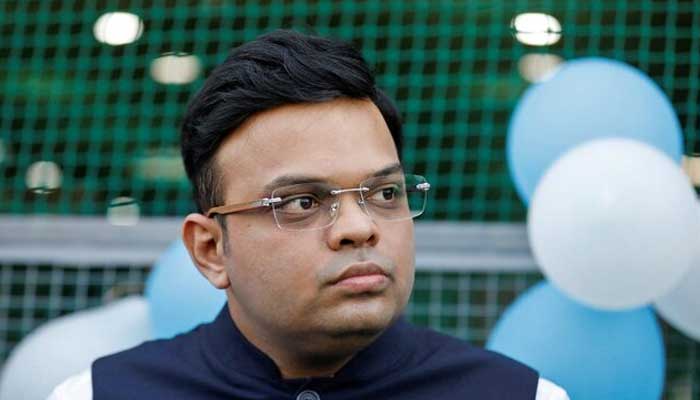

In a notable shift, two major American newspapers, The Washington Post and Los Angeles Times, have announced they will abstain from endorsing any candidate in the upcoming US presidential election, marking a departure from a long-standing tradition in American media.
This is the first time since 1988 that the Washington Post will not endorse a presidential candidate, a decision that is drawing widespread debate over journalistic integrity, public trust, and the media’s role in political discourse.
Washington Post CEO Will Lewis informed the staff that the publication would, from now on, refrain from supporting US presidential candidates. Lewis explained that this decision aims to allow readers the freedom to make their own choices without perceived media influence.
Similarly, the Los Angeles Times has followed suit, announcing its decision not to endorse any candidate in the 2024 US election. Both announcements have ignited intense reactions, both internally and externally, with many questioning the motivation behind this unexpected shift.
Lewis framed the Washington Post's decision as a return to the publication’s foundational values, referencing a 1960 editorial in which the newspaper opted not to endorse any candidate.
He described the move as an attempt to uphold readers’ freedom of thought and expression. This choice comes during what many view as one of the most consequential elections in American history.
Adding to the controversy, the PostGuild — a union representing the Washington Post’s editorial staff—revealed that an endorsement in support of Kamala Harris had already been drafted but was ultimately withheld by the paper’s owner, Jeff Bezos.
While the precise reasons remain unclear, critics, including former Washington Post editor Marty Baron, were quick to condemn the decision. Baron labelled it as “cowardice” and argued that this silence could potentially be interpreted as implicit support for Donald Trump in the event of his reelection.
Media experts warn that the decision may inadvertently imply a sense of parity between the two candidates, even as one of them—Trump—faces multiple indictments.
This move by The Washington Post and Los Angeles Times stands in contrast to other prominent outlets, such as The New York Times and The Guardian, which have publicly endorsed Kamala Harris, highlighting her alignment with democratic values. Conversely, The New York Post, known for its conservative stance, endorsed Trump, aligning with its editorial viewpoint.
The decision has not only led to external backlash but has also created tension within the newspapers’ editorial teams. Many staff members view this as a breach of the paper’s democratic principles, prompting several editorial writers to resign in protest.
To some, this choice represents a departure from journalistic impartiality at a time when media neutrality is essential to public discourse, but neutrality should not mean abstention from critical democratic responsibilities.
As the 2024 presidential election approaches, this development raises pressing questions about the evolving role of the media in an increasingly polarized political climate.
Critics warn that the media’s reputation and public trust may suffer if readers interpret this neutrality as silence on crucial democratic principles.
In a time when American democracy and values are under heightened scrutiny, the decision by The Washington Post and the Los Angeles Times underscores the complex responsibilities of the press in shaping public opinion and maintaining the integrity of democratic institutions.











